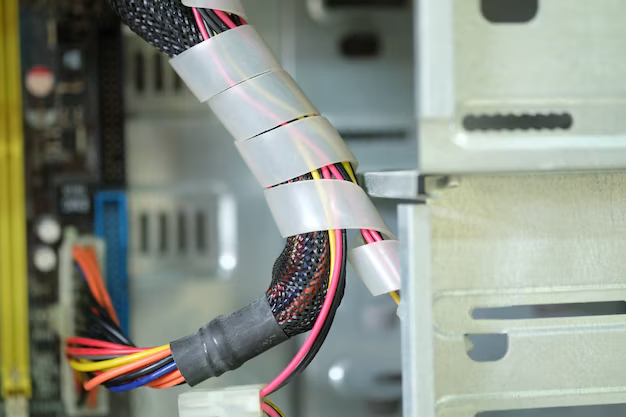Is it Safe to Use an Extension Cord with Your Refrigerator?
When it comes to kitchen appliances, ensuring they operate safely and efficiently is paramount. While refrigerators are designed to be plugged directly into a wall outlet, there are scenarios where you might find yourself considering an extension cord. But is it safe to use an extension cord with your refrigerator? Let's dive into this topic to uncover the best practices and potential risks involved.
Understanding Power Needs
Why Direct Connection is Recommended
Refrigerators are heavy-duty appliances with significant power requirements. Most are designed to run on a dedicated circuit for a few reasons:
- Consistent Power Supply: A direct connection ensures a stable, uninterrupted power source.
- Reduced Overheating Risks: Electrical circuits are less likely to overheat when directly plugged into an outlet.
- Efficiency: Appliances perform optimally when connected to an appropriate power source.
Potential Risks of Using an Extension Cord
Using an extension cord can introduce a host of issues:
Overloading: Extension cords may not be equipped to handle the continuous power draw of a refrigerator, leading to potential overheating or fire hazards.
Voltage Drop: Longer cords increase resistance, potentially resulting in a voltage drop. This can affect appliance performance and longevity.
Tripping Hazards: Cords running across the floor can be accidental trip points, especially in busy areas like kitchens.
Cord Damage: Frequent bending or pinching can damage extension cords, increasing the risk of electric shock or fire.
When an Extension Cord Might Be Used
Though not generally recommended, there are scenarios where an extension cord might be utilized temporarily:
Short-Term Situations
- Moving or Remodeling: Temporarily relocating a refrigerator while moving or renovating may require the use of a cord.
- Emergency Situations: Power outlet failures or emergencies might necessitate the temporary use of an extension cord until repairs can be made.
Choosing the Right Cord
If using an extension cord is unavoidable, selecting the appropriate type is crucial:
- Heavy-Duty Cords: Look for cords specifically rated for appliances, which typically handle higher currents.
- Grounded Cords: Ensure the extension cord has a three-prong plug, providing an essential ground connection for safety.
- Shortest Possible Length: Use the shortest possible cord to minimize voltage drop and potential hazards.
Best Practices for Safe Usage
Extension Cord Safety Tips 🛡️
To minimize risks when an extension cord is necessary, follow these guidelines:
- Inspect Regularly: Check cords for wear and tear. Replace immediately if there's any sign of damage.
- Avoid Overloading: Ensure the cord can handle the refrigerator's full electrical load.
- Proper Connection: Do not daisy-chain multiple cords, and ensure all connections are secure without being excessively tight.
- Cord Placement: Keep cords away from areas where they may get wet, such as sinks or dishwashers.
Alternatives to Extension Cords
Whenever possible, prefer these alternative solutions over using an extension cord:
- Relocating Outlets: A licensed electrician can install new outlets, ensuring direct appliance connection.
- Rearranging the Kitchen Layout: If feasible, rearranging appliances can allow for direct plugging.
Expert Perspectives
Appliance Recommendations
While manufacturers typically advise against using extension cords, understanding their recommendations can be informative:
- Dedicated Circuits: This helps in maintaining consistent power levels.
- Surge Protection: Look into surge protection devices if you're concerned about power surges impacting your refrigerator.
Electrical Standards
Compliance with electrical standards ensures safety and efficiency. Extensions for heavy appliances should align with local electrical codes to prevent risks.
Key Takeaways and Practical Tips 📋
For a safe and efficient kitchen set-up:
- Prioritize Direct Connection: Whenever possible, plug your refrigerator directly into a wall outlet.
- Use Heavy-Duty Extension Cords Only When Necessary: If you must use an extension cord, ensure it's heavy-duty and designed for appliance use.
- Avoid Permanent Extension Cord Usage: Consider it a temporary solution only.
- Regular Inspection and Maintenance: Routinely check extension and appliance cords for wear.
Navigating the nuances of extension cord usage with refrigerators involves understanding risks and prioritizing direct connections for safety. By staying informed and proactive in your approach, you ensure both the longevity and efficiency of your appliances, maintaining a secure kitchen environment.

